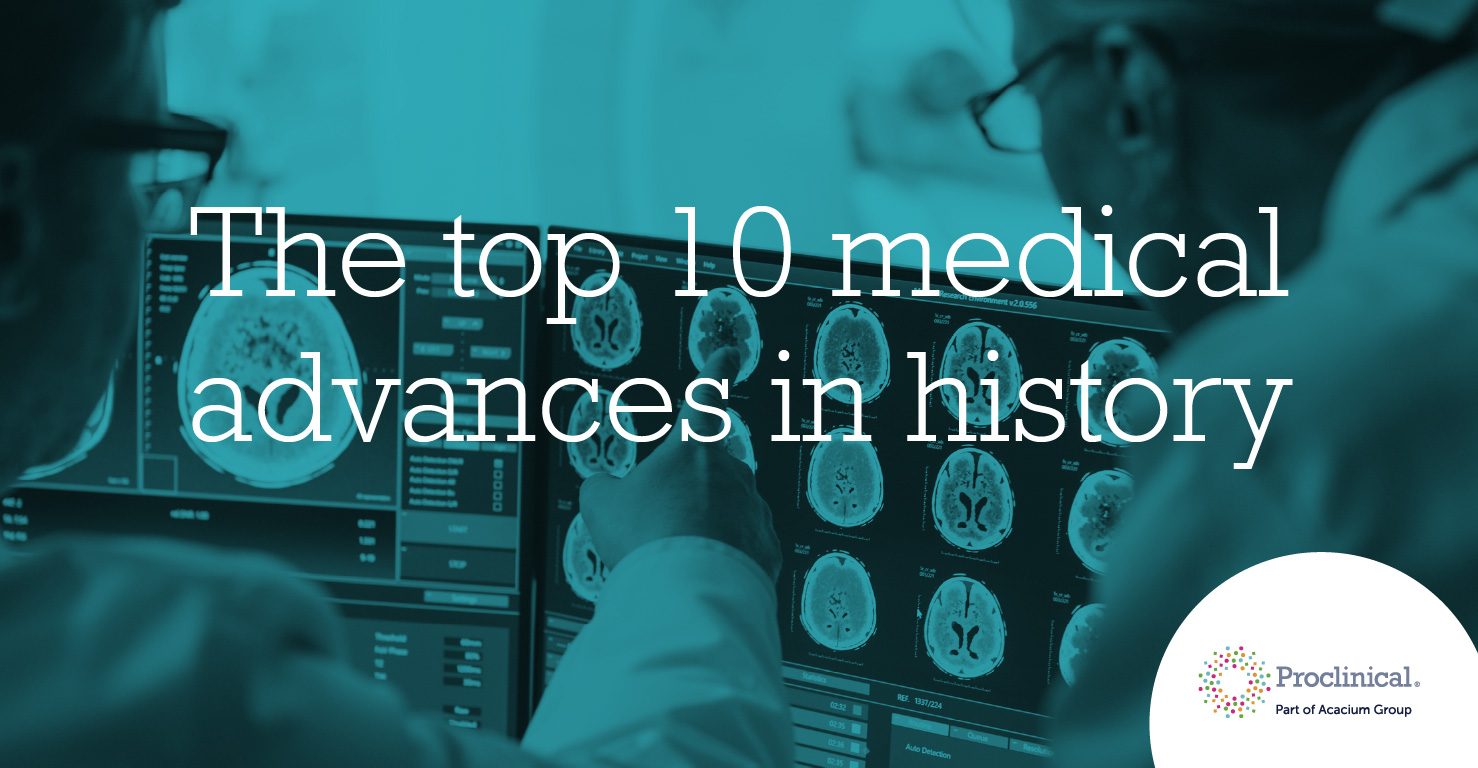Revolutionary Breakthrough in Medicine: The Discovery of Penicillin on Oct 06

On October 6, one of the most significant events in medical history took place – the discovery of penicillin. This groundbreaking achievement revolutionized the field of medicine and paved the way for modern antibiotics.
The story begins in 1928 at St. Mary's Hospital in London, where a Scottish physician and bacteriologist named Alexander Fleming made a serendipitous discovery that would change the course of medicine forever. Dr. Fleming, known for his meticulous laboratory work, had been studying Staphylococcus, a bacterium responsible for various infections.
In a stroke of luck, Fleming accidentally left a petri dish with Staphylococcus bacteria uncovered on the laboratory bench before leaving for a vacation. Upon his return, he observed a peculiar phenomenon – a mold, later identified as Penicillium notatum, had contaminated the culture. Intrigued by this unexpected occurrence, Fleming noticed that the bacterial growth surrounding the mold had significantly diminished.
Curiosity piqued, Fleming explored further and discovered that the Penicillium mold secreted a substance that possessed remarkable antibacterial properties. This finding marked the initial step towards the development of the first-ever antibiotic – penicillin.
Fleming's initial observations, however, were merely a precursor to the extensive research required for the full utilization of penicillin's potential. It wasn't until the mid-1940s that penicillin was successfully mass-produced, thanks to the collaborative efforts of researchers Florey and Chain. Their work involved isolating, purifying, and scaling up the production of penicillin, ultimately saving countless lives during World War II.
The impact of penicillin on medical practice cannot be overstated. Prior to the discovery of antibiotics, infections caused by bacteria often led to severe complications, amputations, or even death. Penicillin heralded a new era of medicine, where previously incurable diseases could be effectively treated with a simple injection of this wonder drug.
Penicillin's success paved the way for the development of numerous other antibiotics, expanding the arsenal against bacterial infections. Its impact reached far beyond its initial discovery. The medical community recognized the transformative potential of antibiotics, spurring further research and development in the field.
Nonetheless, the excessive use and misuse of antibiotics over the years have led to the emergence of antibiotic-resistant bacteria, posing a significant challenge to modern medicine. While penicillin still remains a vital tool in treating many infections, a more judicious approach to antibiotic usage is now imperative.
The discovery of penicillin on October 6th continues to be celebrated as a milestone in medical history. It is a reminder of the stunning breakthroughs that can arise from accident and curiosity, and the enduring impact they may have on the world. The tireless efforts of Alexander Fleming and subsequent researchers forever changed the field of medicine, offering hope and healing to countless individuals around the globe.